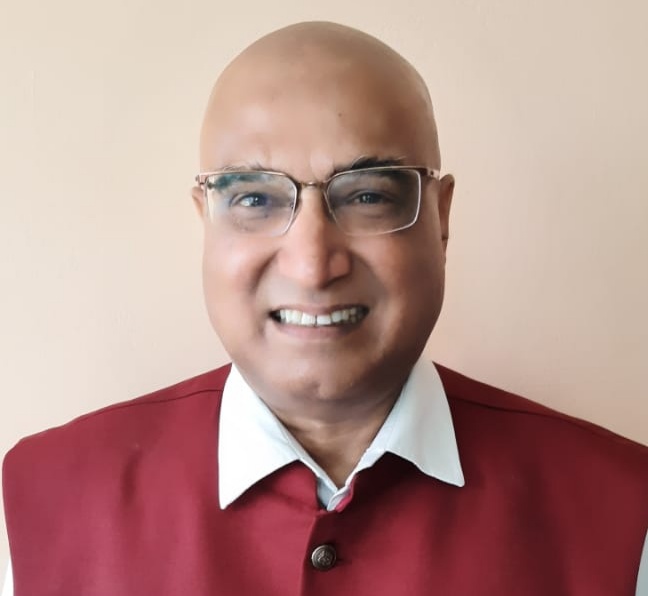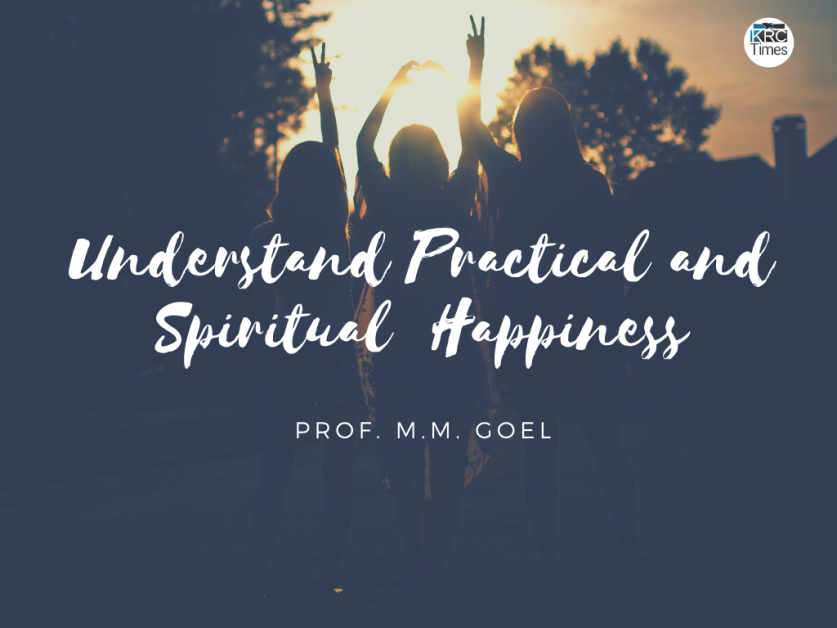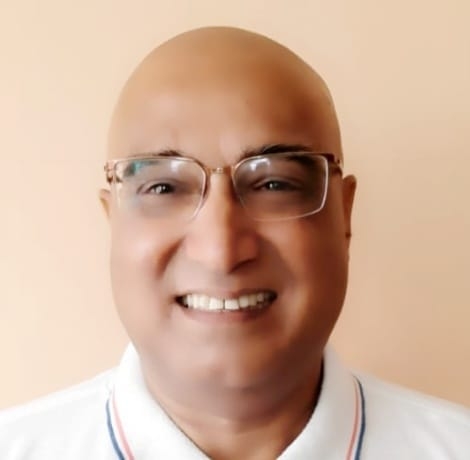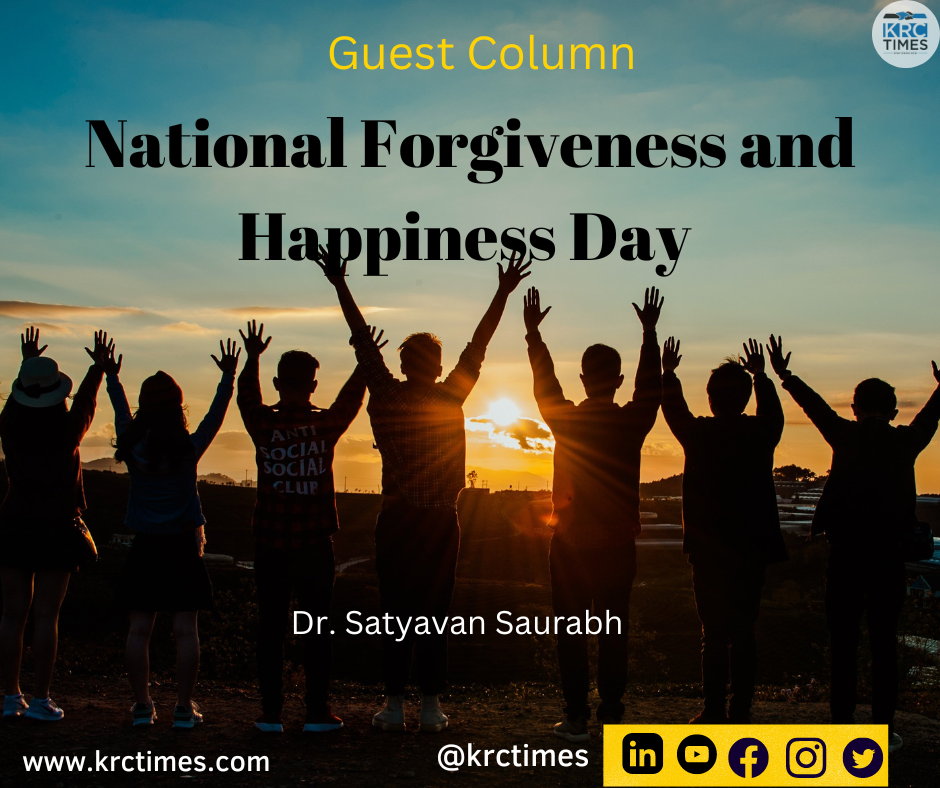To my mind, the ultimate meaning of happiness is to live in harmony and be contented with what we have no matter where we are and what the problem we are facing in life
 Dr. M. M. Goel
Dr. M. M. Goel

The idea behind this article is to identify sustainable ways of happiness. We have to develop abilities to give up an individualistic approach and make honest efforts to achieve the results through cooperation and support with fellow beings around in the same environment. Cooperation (not competition) is the principle of a sustainable political, economic, social and technological (PEST) ecosystem in present times with SWOC analysis to be understood and adopted for practical happiness.
It has been given to understand that laughter is practical happiness and peace of mind is spiritual happiness. The narratives of success leading to happiness both spiritual and practical have to be changed as happiness creates many opportunities to be successful in all walks of life. We have to create opportunities to laugh at trivial things in the daily routine of life. There is abundant relief in looking at the objects to laugh at. Learn to fasten the lifebelt of laughter in the sea of moods. Always plan ahead and access the state of affairs such as parking the car in a certain manner to be taken out in case of emergency. Never follow others to park the car on a road where not allowed. It is a memorable recall not to repeat the mistakes.
Bring out the humour in every situation with a smile on the face. There is always a scope to improve to be better than the best. To find the solutions to the situations, we have to create capacities to read, understand and write.
A good, hearty laugh relieves physical tension and stress, leaving our muscles relaxed for up to 45 minutes after. Laughter boosts the immune system. Laughter decreases stress hormones and increases immune cells and infection-fighting antibodies, thus improving our resistance to diseases, anger, hate and ego.
We have to think and pray for the happiness and wellbeing of all including our family members, colleagues and other stakeholders consisting of nature, the planet, plants and animals.
While interacting with others think of self as the lowest among all with humility. No matter how knowledgeable we are, listen first. Always think as if one can learn at any time from anyone, no matter the social and business status and level of education.
We have to be mindful every moment and recognize when negative emotions arise. Have the courage to face the situations and make the efforts to avoid overreacting.
We need to make the effort to consider the situations as a learning opportunity when treated badly by other people and allow them to become our spiritual guide, helping us to grow and become a more compassionate person.
We are required to help others and share their sufferings by understanding all phenomena for the sake of altruism without expecting anything in return.
We have to stick to this practice by processing and absorbing the key concepts of practical happiness making us feel more at ease with the environment around us. We will start to slowly understand that we are all part of the same ecosystem and that no matter the situation, there is nothing to be taken personally.
This practice teaches us to be more compassionate with the people around us, allowing us to see that we are all the same and that whenever other individuals act aggressively against us they do it because of their own suffering. We should be grateful for their behaviour because they help us understand the real issue behind the scenes.
We have to adopt this exercise as a beautiful opportunity to transform our mind in a positive way, develop acceptance, and become more compassionate. With practice and patience, we can help create a positive change for us and the people around us.
To my mind, the ultimate meaning of happiness is to live in harmony and be contented with what we have no matter where we are and what the problem we are facing in life.

The author is former Vice Chancellor and Needonomist Professor presently Advisor (Public Finance) 6th State Finance Commission Haryana. www.needonomics.com



